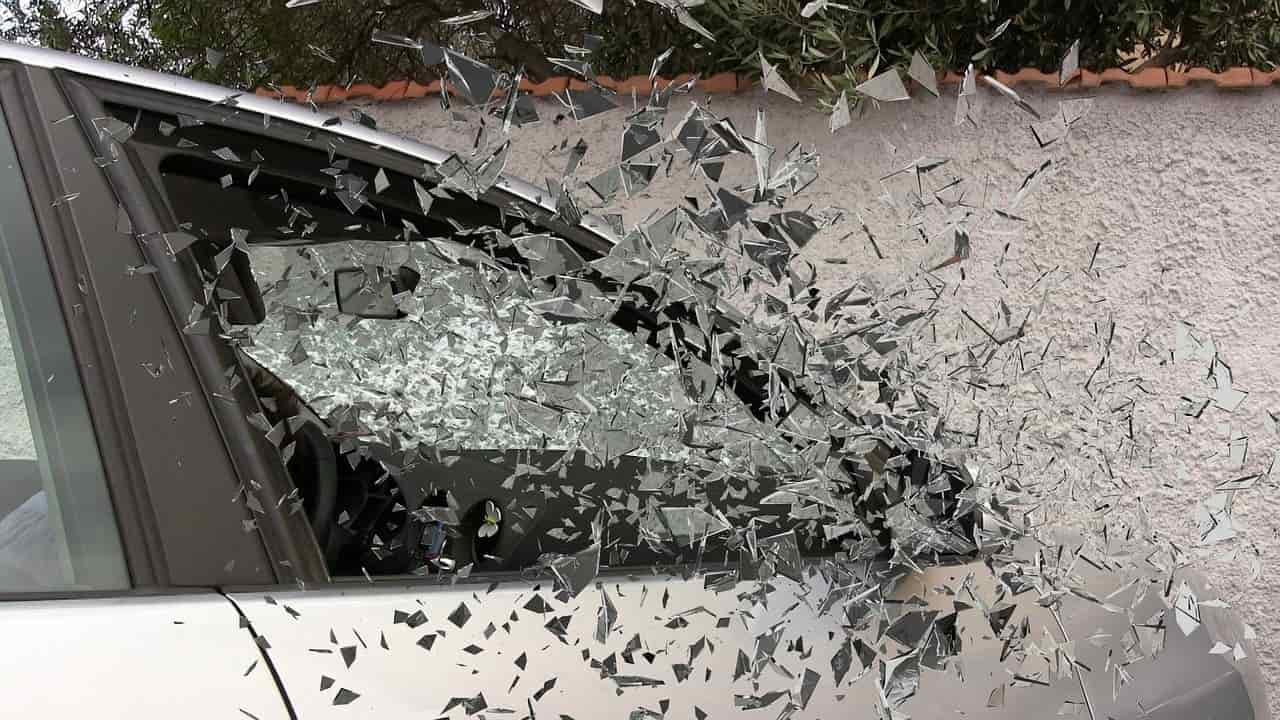Since 2006, the Insurance Institute for Highway Safety (IIHS) has published a report with the intent to provide consumers with facts on vehicle safety.
It identifies the best vehicle choices within certain size categories through careful evaluation and then rewards the automaker with a Top Safety Pick for that calendar year.
This is an important feather in the cap of every vehicle manufacturer and is often used as a strong marketing tool when selling their product to the American public.
But while it is easy to find car companies boasting their safety records, they aren’t keen to publicize vehicles that fall on the other end of the spectrum. This information may not be as easy to find, but it is no less important than statistics on cars and trucks deemed “safer.”
Potential buyers want to know that the car or truck they intend to purchase for their family is as safe as it can be, because accidents happen every day.
So what vehicles in the 2020 class are considered most accident prone, and why? Let’s take a closer look.
Contents
Auto Accidents and Driver Behavior
Auto accident data is tracked very carefully by many sources, from government agencies, to insurance companies, to lobbyists, to academic institutions, and more. But having the raw numbers is only one part of the picture. You also need to access circumstantial evidence and additional facts to put the numbers into the right context.
Quite simply, a higher number of recorded accidents with a particular model of car doesn’t mean that the car is not safe. More often, it indicates how popular that vehicle is on the market.
Another thing to mention is that cars don’t cause accidents unless someone is driving at least one of the vehicles involved. Reckless driving, drunk driving, distracted driving, and drowsy driving are all human behaviors and don’t say a whole lot about whether the car is more accident prone on its own.
And while it may seem logical to guess that sports and luxury cars are more likely to get into accidents, the top offenders will surprise you:
- Infiniti Q50,
- Subaru Crosstrek,
- Subaru WRX,
- Hyundai Elantra GT, and
- Subaru Impreza.
All of these come with mid-range prices, and they are common vehicles purchased for families. Additionally, the 2020 Hyundai Elantra received good marks from the IIHS after safety tests. Put simply, how you drive a car is just as important as what car you drive.
Size and Speed Matter
There are many different types of vehicles to fit the particular needs of the owner. You don’t go drag racing in your diesel Ram truck, and you don’t haul bales of hay in your Maserati.
The numbers show that the larger and heavier the vehicle is, the less likely it is to get into an accident. Vehicle models that recorded the fewest number of crashes as opposed to the national average in 2020 were:
- Ford F-250 SuperCab,
- Chevrolet Colorado extended cab,
- GMC Canyon crew cab,
- Jeep Wrangler,
- Ford Edge,
- GMC Canyon crew cab, and
- Ford F-150 SuperCrew.
Most of these are trucks and larger SUVs, used to haul equipment and goods or transport families to various places. Sport and luxury cars, on the other hand, are not. They have higher max speeds, are easier to maneuver, but also get into more accidents per vehicle than their larger siblings.
What About Rollover Accidents?
For the past three decades, SUVs have become a popular middle ground for drivers who want more room and size than that of a sedan but don’t need quite the cargo space or towing capacity of a truck.
But during the late 90s and 2000s, the SUV had a PR crisis that quickly turned costly. Certain makes and models of SUVs were more prone to rollover accidents, resulting in widely publicised product liability and class-action lawsuits. Are SUVs in 2020 just as likely to roll over as they were a few decades ago?
According to a study done by the University of California Center on Economic Competitiveness, the number of SUV rollover accidents has dropped noticeably since 2007. However, the proportion of rollover accidents involving SUVs compared to other auto types remains high.
Rollover crashes accounted for around half of occupant deaths in SUVs for the past decade. In 2020, roughly 30% of occupant deaths in SUVs were attributed to single-vehicle rollover crashes.
SUVs have a higher center of gravity than smaller sedans and lack the weight a truck uses to balance out that higher center of gravity.
Auto Safety in the New Decade
As we head into 2024, auto safety remains an issue of worry, even during the pandemic. If you are looking at buying a new car, truck, or other vehicle during this year, do a little research before you choose. If you want to learn more about the legal issues behind vehicle safety and auto accidents, visit Abrahamson & Uiterwyk car accident lawyers. Drive smart, drive safe.



